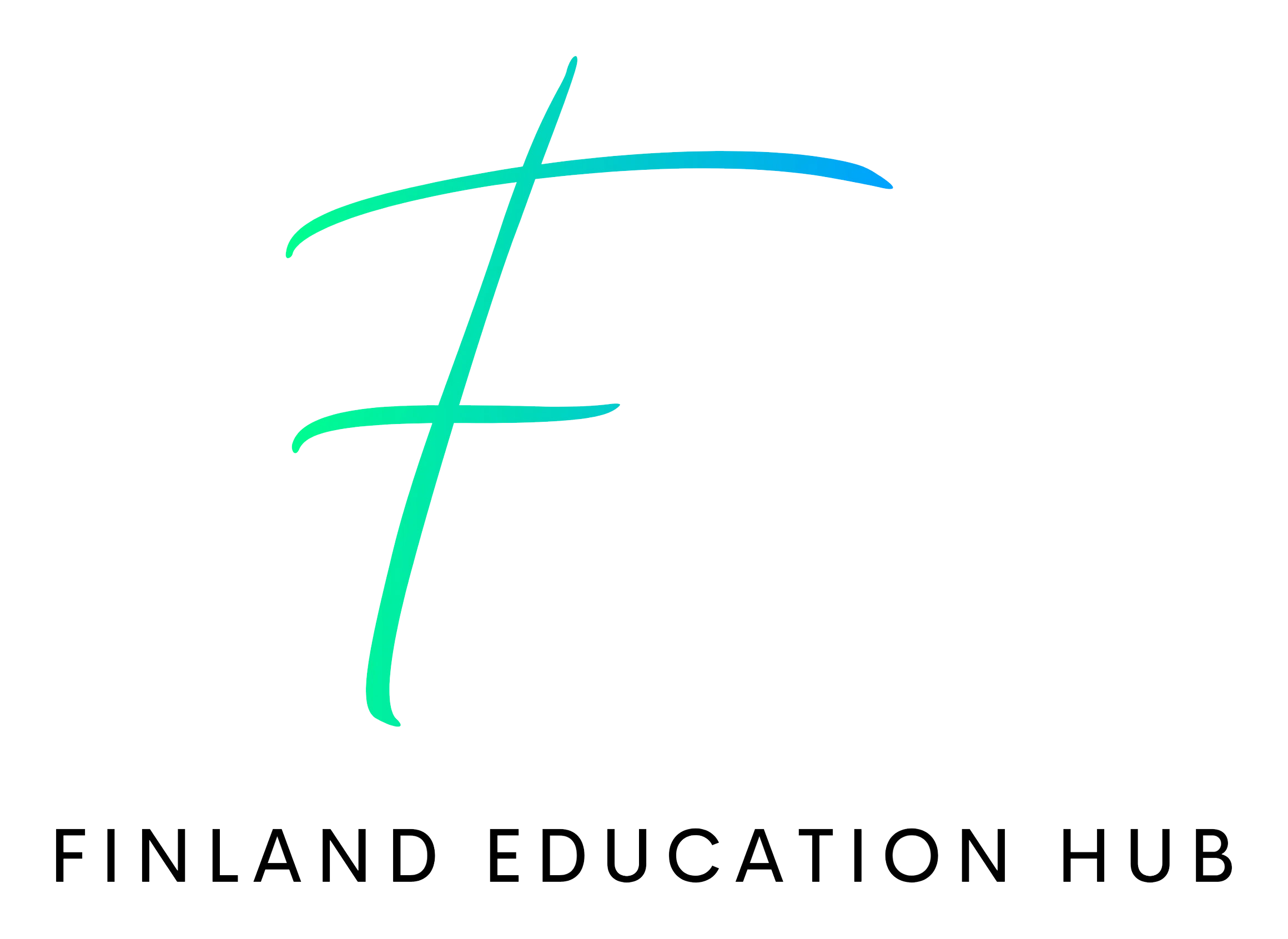Holistic development in education goes beyond academic achievement. It encompasses the growth and nurturing of various facets of a child’s personality, including emotional, social, physical, and cognitive dimensions. Extracurricular activities play a pivotal role in this holistic development, providing students with opportunities to explore their interests, develop new skills, and build essential life qualities.
In the context of K-12 finnish education in India, these activities are particularly crucial, as they help bridge the gap between traditional classroom learning and the dynamic demands of the modern world.
The Importance of Holistic Development
Holistic development is the comprehensive growth of an individual, ensuring that they are well-rounded and prepared for the multifaceted challenges of life. It includes:
Emotional Development: Building resilience, emotional intelligence, and coping skills.
Social Development: Enhancing communication, teamwork, and leadership abilities.
Physical Development: Promoting health, fitness, and coordination.
Cognitive Development: Fostering creativity, critical thinking, and problem-solving skills.
While the traditional academic curriculum primarily focuses on cognitive development, extracurricular activities provide a platform for students to develop emotionally, socially, and physically.
Extracurricular Activities: A Gateway to Holistic Development
Extracurricular activities encompass a wide range of pursuits, including sports, arts, music, drama, debate, community service, and clubs. These activities offer numerous benefits that contribute to holistic development:
Emotional Intelligence and Self-Expression
- Activities like drama, music, and art encourage self-expression and creativity. They provide a safe space for students to explore and express their emotions, leading to improved emotional intelligence.
- Participation in these activities helps students manage stress, build self-esteem, and develop a sense of identity.
Social Skills and Teamwork
- Sports, debate, and group projects foster teamwork, cooperation, and effective communication. These skills are essential for personal and professional success.
- Students learn to appreciate diverse perspectives, and negotiate, and resolve conflicts, which are critical components of social development.
Physical Fitness and Health
- Engaging in sports and physical activities promotes physical fitness, discipline, and a healthy lifestyle.
- Regular physical activity improves concentration, reduces stress, and enhances overall well-being, contributing to better academic performance.
Leadership and Responsibility
- Extracurricular activities often involve roles that require leadership and responsibility. Students can take on positions such as team captains, club presidents, or event organizers.
- These roles help students develop leadership qualities, decision-making skills, and a sense of accountability.
Cognitive Development and Academic Performance
- Debate, chess, and science clubs are a few examples of activities that foster analytical, critical thinking, and problem-solving abilities.
- Studies have indicated that students who participate in extracurricular activities typically achieve better academically. Their academic performance is enhanced by the self-control and time management abilities they acquire from these activities.
Extracurricular Activities in K-12 Education in India
In the context of K-12 education in India, extracurricular activities are gaining increasing recognition for their role in holistic development. However, some challenges and opportunities need to be addressed to maximize their impact.
Challenges:
Limited Resources and Infrastructure
- Many schools, especially in rural areas, lack the necessary resources and infrastructure to offer a diverse range of extracurricular activities.
- There is often a focus on academic excellence, with limited emphasis on extracurricular pursuits.
Parental and Societal Pressure
- There is considerable pressure from parents and society for students to excel academically. This can lead to a lack of encouragement and support for participation in extracurricular activities.
- The importance of holistic development is not always fully understood or valued.
Time Constraints
- The rigorous academic schedule in many schools leaves little time for students to engage in extracurricular activities.
- Balancing academics and extracurriculars can be challenging for both students and educators.
Opportunities:
Integration into the Curriculum
- Schools can integrate extracurricular activities into the regular curriculum, ensuring that they are not seen as optional but as an essential part of education.
- Activities can be scheduled during school hours to ensure participation.
Partnerships and Collaborations
- Schools can partner with local organizations, sports clubs, and cultural institutions to provide a wider range of activities and expertise.
- Collaborations with NGOs and community groups can help overcome resource constraints and provide students with diverse opportunities.
Parental and Community Involvement
- Educating parents and the community about the benefits of extracurricular activities for holistic development can lead to increased support and encouragement.
- Schools can organize workshops, seminars, and events to highlight the importance of these activities.
Use of Technology
- Technology can be leveraged to offer virtual extracurricular activities, especially in areas with limited physical resources.
- Online platforms can provide access to courses, workshops, and competitions in various fields, broadening the scope of activities available to students.
Let’s Wrap It Up
Extracurricular activities are a vital component of holistic development in K-12 education in India. They provide students with opportunities to grow emotionally, socially, physically, and cognitively, complementing traditional academic learning. Despite challenges, there are numerous opportunities to enhance the role of these activities in education. By integrating extracurricular activities into the curriculum, fostering partnerships, involving parents and the community, and leveraging technology, schools can ensure that students receive a well-rounded education that prepares them for the diverse challenges of life.
In the rapidly changing landscape of education, the emphasis on holistic development through extracurricular activities is more important than ever. As we move towards a more inclusive and comprehensive approach to education, recognizing and nurturing the multifaceted talents and abilities of students will be key to their success and well-being.

